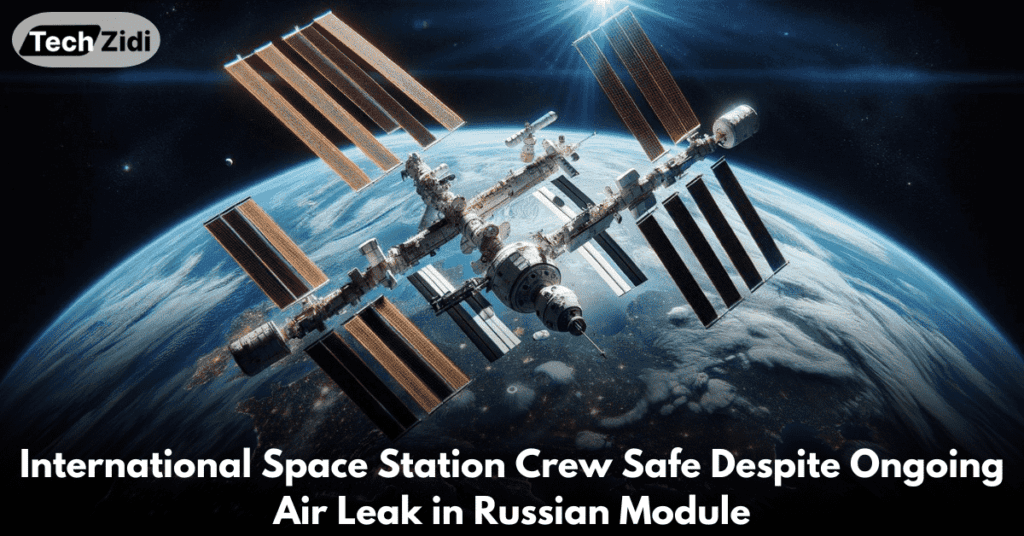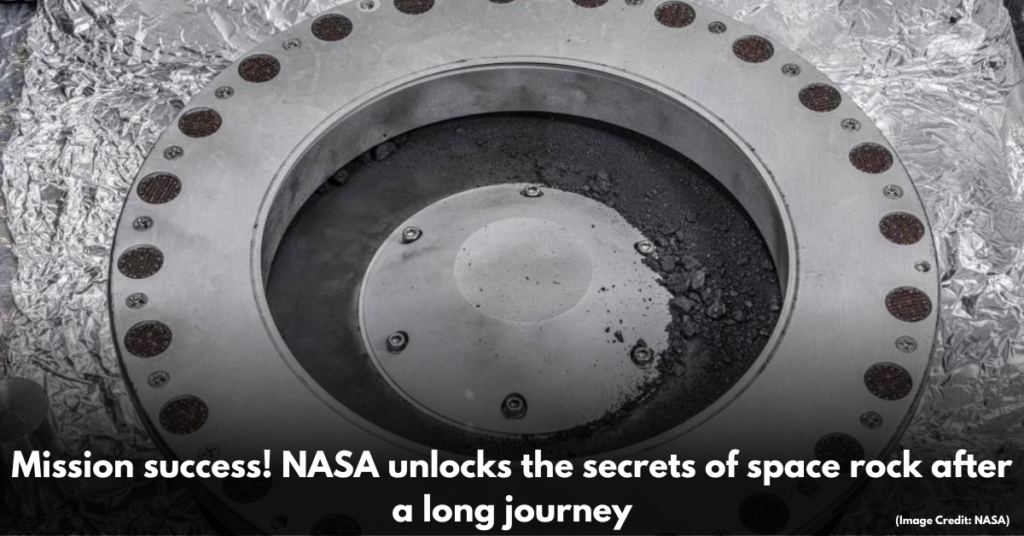The International Space Station (ISS), a great example of how countries can work together, is currently orbiting the Earth at 250 miles per hour. It has run into a small problem: an air leak from the Russian segment. When the leak was first found in February 2024, it caused some concern. However, both Russia’s Roscosmos and the US’s NASA have said that it does not pose an immediate threat to the crew or the station’s ability to do its job.
Zvezda Module Leak Investigated
The leak is at the back end of the Zvezda service module, which is the hub of the Russian segment and where Progress resupply spacecraft dock. The exact cause is still being looked into, but early reports point to a small hole that is causing the air pressure to slowly drop. Even though this slow leak rate does not require immediate action, experts are closely watching the situation and working hard to find the source. This is not the first time that the ISS has had trouble with small leaks. Similar worries were raised when coolant leaked in the Nauka module in October 2023. Like the current air leak, though, it was fixed without putting the crew’s safety at risk. The ISS is not completely airtight, and it loses small amounts of air into space every day. Regular cargo deliveries make up for these losses.
Station Resilient: Science Continues
The International Space Station (ISS) crew, which consists of four astronauts and cosmonauts at the moment, is safe and continues to carry out its essential scientific research endeavors onboard the orbiting laboratory, despite the ongoing leak. For the upcoming SpaceX Crew-8 mission, which was scheduled to take place on March 1, 2024, everything will go according to plan, which is further evidence of the resiliency and adaptability of space exploration. The National Aeronautics and Space Administration (NASA) and Roscosmos are working closely together, utilizing their combined knowledge and experience to solve the problem of the air leak and determine what caused it. This spirit of cooperation, which has been cultivated over the course of several decades of international cooperation, is absolutely necessary for ensuring the continued success of the International Space Station (ISS). Both organizations have a wealth of experience in addressing technical challenges in space, and the fact that they have combined their efforts gives reason to believe that they will be able to effectively address this situation.
ISS: Challenge, Cooperation, and Hope
The International Space Station (ISS) continues to be a testament to human ingenuity and international cooperation, despite the fact that the air leak presents a technical challenge. It serves as a symbol of what can be accomplished when nations come together to pursue a shared vision, which is to achieve the goal of pushing the boundaries of human knowledge and exploration in the harsh environment of space. Even in the face of relatively minor obstacles, the crew continues to demonstrate an unwavering commitment to the scientific exploration of the world. The world is waiting for the next chapter in the captivating story of the International Space Station, which is a beacon of human achievement and a symbol of hope for a future filled with further exploration and discovery. As efforts to address the leak progress, the world is waiting for the next chapter with anticipation.



